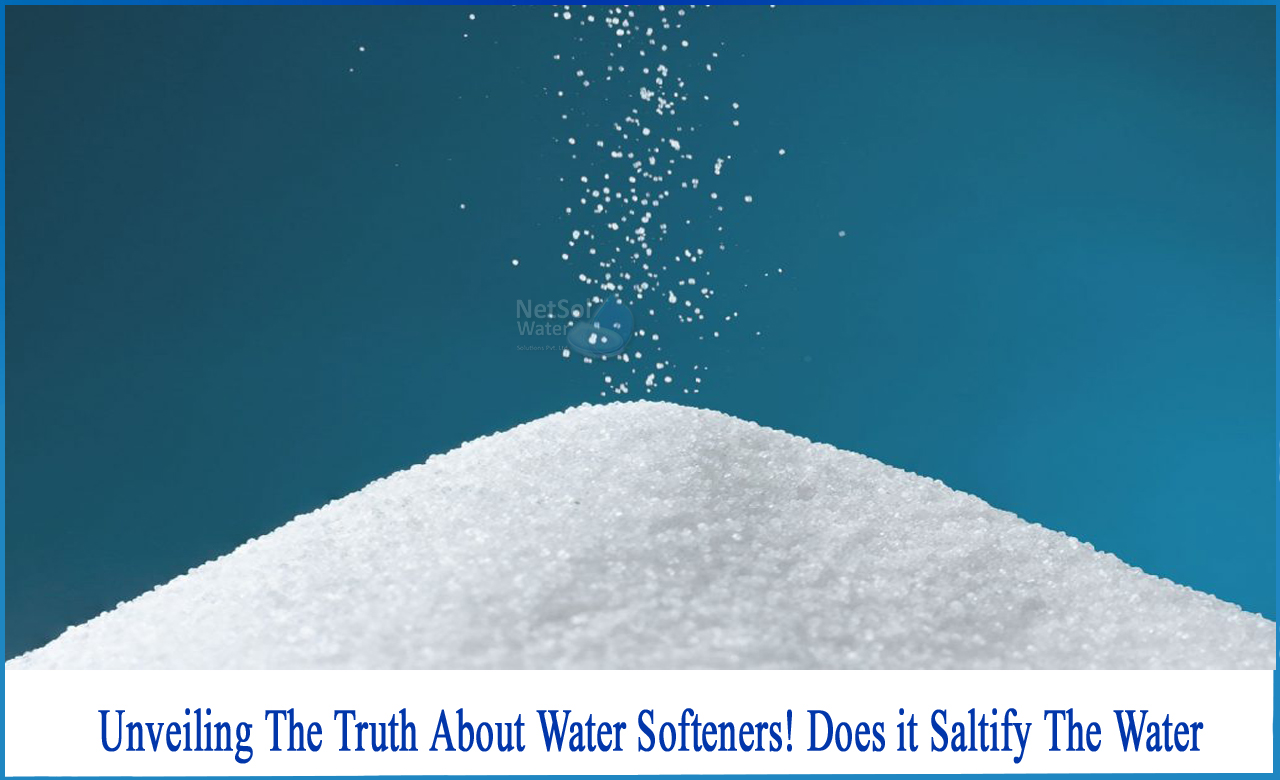WHAT IS SODIUM?
Sodium is one of two elements that make up table salt, with chlorine being the other. Sodium, or Na, belongs to the alkali metal group and is necessary for good health in small levels. Sodium is an electrolyte that serves to balance physiological fluids and maintain neuron and muscle function. The most serious issue with sodium is that too much of it can cause high blood pressure and other health issues. A healthy adult requires about 186 mg of salt per day, but because sodium is included in almost every food we consume, maintaining such low amounts requires careful planning.
Some people may be surprised by the amount of salt in common foods. An 8-ounce glass of reduced-fat milk contains 120 mg of sodium, whereas the same amount of orange juice contains roughly 25 mg and a can of soda contains 40 to 45 mg. A single slice of bread can contain up to 230 mg of salt.
SODIUM LEVEL IN WATER
A traditional water softener purifies the water in your home's freshwater line by passing it through a tank of resin beads in a saltwater bath. Sodium ions are replaced with calcium and magnesium ions, resulting in hard water. The filtered water is then sent to the house's fixtures or the water heater. The amount of sodium added to the water is determined by its hardness. Hard water contains more than 7.06 grains of minerals per gallon of water. Hard water has more than 10.57 grains per gallon.
WHAT IS SODIUM IN SOFTENED WATER?
Even after softening, the quantity of sodium in drinking water does not account for a large portion of a person's daily sodium consumption. Resin beads that remove calcium and magnesium (hardness ions) from your water are cleansed with a brine solution during the regeneration process (made from the salt you add to your tank). Calcium and magnesium ions are released from the beads, and sodium ions are replaced.
The system is then cleansed of excess brine and hardness ion solution. This method adds a small amount of sodium to the water supply, which you won't notice. The amount of sodium in soft water varies depending on the degree of hardness removed by the softener. The more sodium ions are exchanged to form soft water, the harder your water gets.
CONCLUSION
Sodium is a mineral that may be found in practically everything you eat, from apples and almonds to water and milk. While sodium is used to soften water, one of the most common misunderstandings is that softened water tastes salty. Water softeners add a very little amount of sodium to your diet when you do the arithmetic.
You'll have the most comprehensive, healthy water treatment option for your home if you add a reverse osmosis system to remove salt. You'll be able to take advantage of soft water, including minimising dangerous scale development in your pipes and appliances, conserving energy, and saving money on lotions and soaps. Perhaps more importantly, you and your family will benefit from the safety and security of having clean, wholesome, sodium-free drinking water.
Netsol Water is Greater Noida-based leading water & wastewater treatment plant manufacturer. We are industry's most demanding company based on client review and work quality. We are known as best commercial RO plant manufacturer, industrial RO plant manufacturer, sewage treatment plant manufacturer, and effluent treatment plant manufacturers. Apart from this 24x7 customer support is our USP. Call on +91-9650608473, or write us at enquiry@netsolwater.com for any support, inquiry or product-purchase related query.



